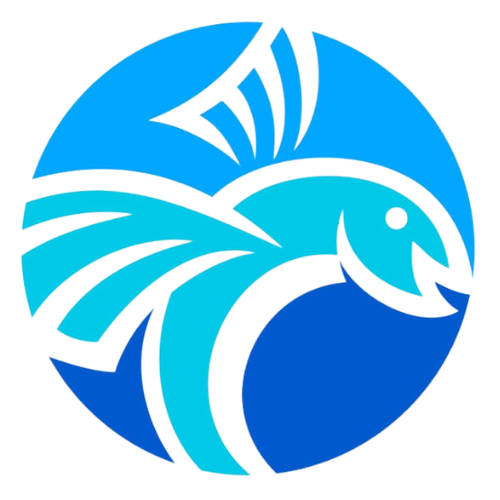ABSTRACT
Authors: Mr. Christopher Parker and Dr. Shelly-Ann Cox
Parrotfish are considered ecologically keystone species that play key roles as grazers, agents of bio-erosion of calcareous substrate, sediment production and transport in coral reef ecosystems and shoreline stabilisation. Reported declines in populations of a number of parrotfish species on Barbadian reefs due to several anthropogenic factors, has raised understandable alarm resulting in increased calls to significantly reduce or completely ban fishing of parrotfish. This of course will have significant impacts on the livelihoods of the many persons involved in the islands reef fisheries especially given the high commercial and cultural value of parrotfish more commonly known locally as ‘chubs’.
Relevant scientific information on this issue is critically examined in this paper and a recommended holistic strategy is proposed to protect parrotfish populations while selectively mitigating the social and economic impacts on the more vulnerable participants in the reef fisheries that harvest parrotfish. The first overarching recommendation is that selective protection of parrotfishes or any subset of species in the family (i.e., corallivorous or non-corallivorous) is not supported. Instead, it is recommended that the focus should be on reducing fishing pressure on all reef fish species in particular eliminating the incidences of wasteful ghost fishing and physical damage to reefs caused by the fishing activities. A co-management approach is essential in the implementation of adaptive management measures that are grounded in participatory action research, engendering buy-in, cooperation and effective compliance with a “carrot” rather than the “stick” approach is considered vital to the success of these initiatives and is the recommended course of action.
KEYWORDS: sustainable, parrotfish, co-management, coral reefs, Barbados

